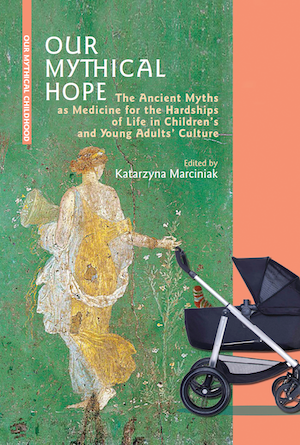Bandar-Log in Action
Bandar-Log in Action
The Polish Children's Experience of Disaster in Literature and Mythology
Author(s): Jan Kieniewicz
Subject(s): Pre-WW I & WW I (1900 -1919), Interwar Period (1920 - 1939), WW II and following years (1940 - 1949), Post-War period (1950 - 1989), Transformation Period (1990 - 2010)
Published by: Wydawnictwa Uniwersytetu Warszawskiego
Keywords: Rudyard Kipling; Jungle Book; bandar-log; Kresy; Polish history and mythology
Summary/Abstract: The expression “bandar-log” was popular in Poland in the first half of the twentieth century among readers of Rudyard Kipling’s "The Jungle Book". Before WWI, in families of both the landed gentry and the intelligentsia, “bandar-log” served to describe unruly children. Thus, it referred to boisterous, frolicsome behaviours that clashed with the standards for proper child-rearing. Yet well-heeled children did have the right to vent their emotions – hence, the concept of “bandar-log”, borrowed from a “suitable” book, permitted acceptance, albeit fleeting, of behaviours otherwise frowned upon. The concept lost its meaning with the decline of good manners and the acceptance of a “playground model”, in which children’s behaviour was regulated not by readings, but by adaptation to their group. Nonetheless, “bandar-log” did persist after WWII in rump form, as an echo of a bygone world. My chapter addresses children’s behaviours during the wrenching transformations that are part and parcel of war and revolution, and their reflection in literature and mythology. Thus, I examine the loss of childhood as coupled with the destruction of the world – and its subsequent recreation.
Book: Our Mythical Hope
- Page Range: 159-177
- Page Count: 19
- Publication Year: 2021
- Language: English
- Content File-PDF

